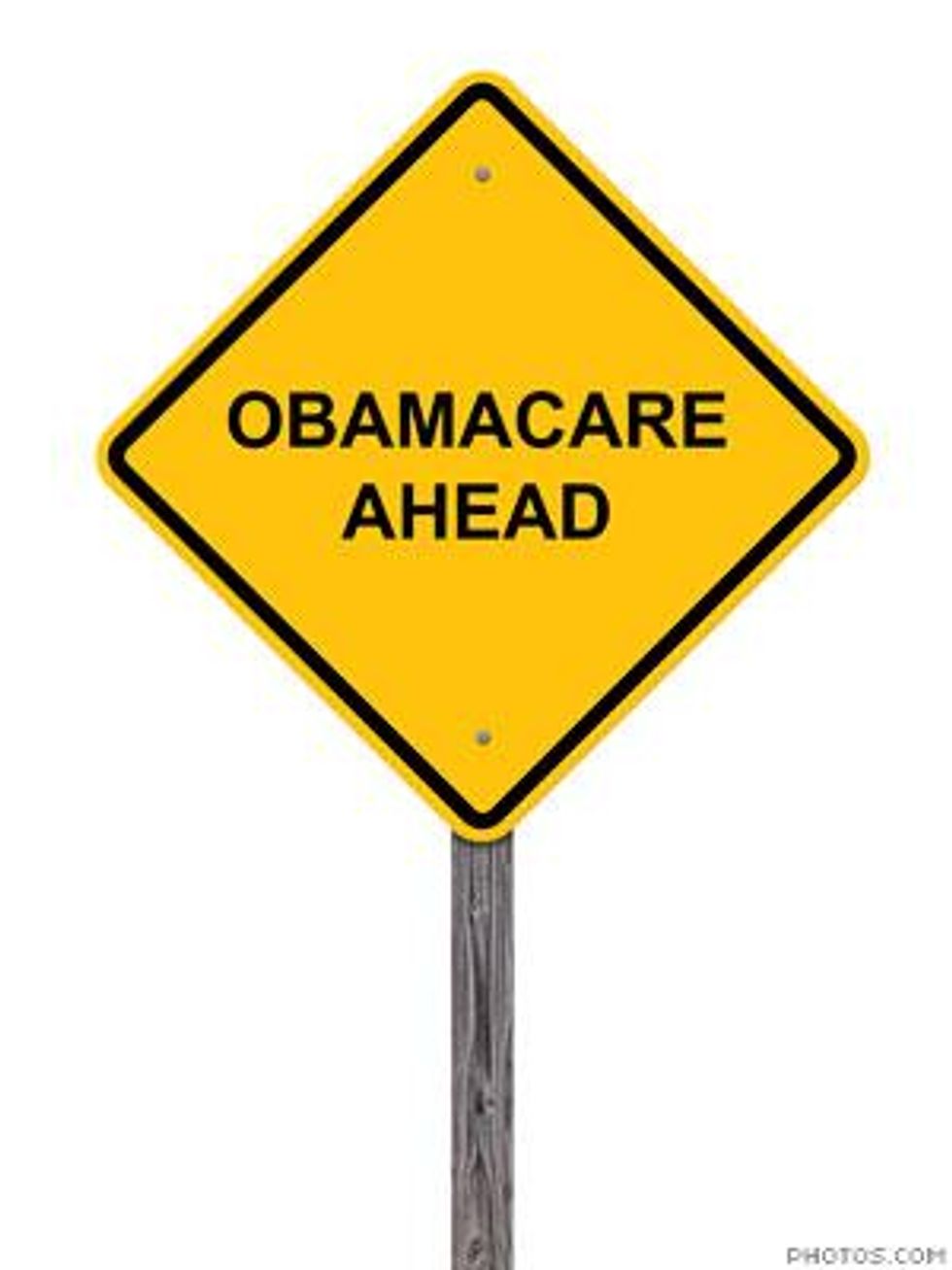
Obamacare will improve health care coverage for people with HIV, but it may not meet all your needs.
February 13 2014 4:00 AM EST
By continuing to use our site, you agree to our Privacy Policy and Terms of Use.

As the Affordable Care Act—the health insurance reform law backed by President Obama—goes into full effect this year, it brings changes designed to improve coverage for people living with HIV.
Still, there are fears that some plans offered on insurance exchanges will provide inadequate coverage for, say, prescription drugs. And it won’t be entirely clear how well “Obamacare” works until the public has more experience with it.
The law does bring some important new protections to Americans with HIV. Beginning this year, insurers will no longer be able to deny coverage to anyone because of a preexisting condition, nor will they be able to put lifetime caps on benefits. Both of these are particularly important for people with HIV or AIDS, who have often been denied insurance policies or run up bills that max out their benefits. It mandates that individual and small-group plans offer coverage similar to that found in most employer-provided plans, including prescription drugs, preventive care, and chronic-disease management.
The ACA also broadens eligibility for Medicaid, the insurance program for low-income people that’s jointly funded by the federal and state governments. As of this year, states have the option of offering Medicaid to people with income below 133 percent of the federal poverty level (the level is $11,490 for an individual and $23,550 for a family of four in the lower 48 states and D.C., slightly higher in Alaska and Hawaii), including childless adults, who were previously not generally eligible for Medicaid. Because of this, in many states, people with HIV who meet this income threshold will be able to receive Medicaid; previously, you had to have an AIDS diagnosis in order to qualify.
The Kaiser Family Foundation, which analyzes health care policy, estimates that 70,000 uninsured people with HIV who are currently receiving care will gain coverage through the law—47,000 through Medicaid, if every state expands it, and 23,000 through the insurance marketplaces set up under Obamacare. So far 26 states and the District of Columbia were planning Medicaid expansion this year, and two more after 2014, according to the foundation; for a full list, see KFF.org. (Among those not in care, another 124,000 could gain coverage through the ACA.) The Department of Health and Human Services recommends that even if your state isn’t among those planning to expand, go ahead and apply for Medicaid, as your state may have a provision that lets you qualify. You can find out more at HealthCare.gov. Also, a new consumer Web portal to assist people with HIV in navigating the new options is available from Greater Than AIDS at GreaterThan.org.

Other promising aspects of the ACA include an emphasis on preventive and coordinated care, with most insurance plans required to provide HIV screening and counseling at no cost to the patient. The act also offers training to help health professionals improve their service to people with HIV and requires insurers to explain coverage in easily understood language.
Toward the end of last year, as people began signing up for plans through the health insurance exchanges, several reported plans that weren’t covering important HIV medications or were requiring patients to pay up to half of the prescription cost. But most plans now provide front-line HIV meds, says John Peller, vice president of policy for the AIDS Foundation of Chicago. “The vast majority of plans look pretty good,” he says. He credits news coverage about the problem for the change. Also, a coalition of HIV organizations, the HIV Health Care Access Working Group (of which the AIDS Foundation is a member), urged HHS secretary Kathleen Sebelius to make sure all plans cover key HIV drugs.
Some problems do remain, with certain plans charging very high co-pays for medications. The working group recommends that if you have problems getting your meds covered, see if help is available from your state ADAP; your pharmacy, doctor, or case manager; or assistance programs run by drugmakers (see p. 21 for details). Above all, plan ahead and research your insurance options thoroughly before signing up. Most plans, Peller adds, have an “exceptions” process through which you can apply to have a drug covered that wasn’t before. The coalition offers more advice at its website, HIVHealthReform.org, where you can also report any issues you have with prescription coverage.